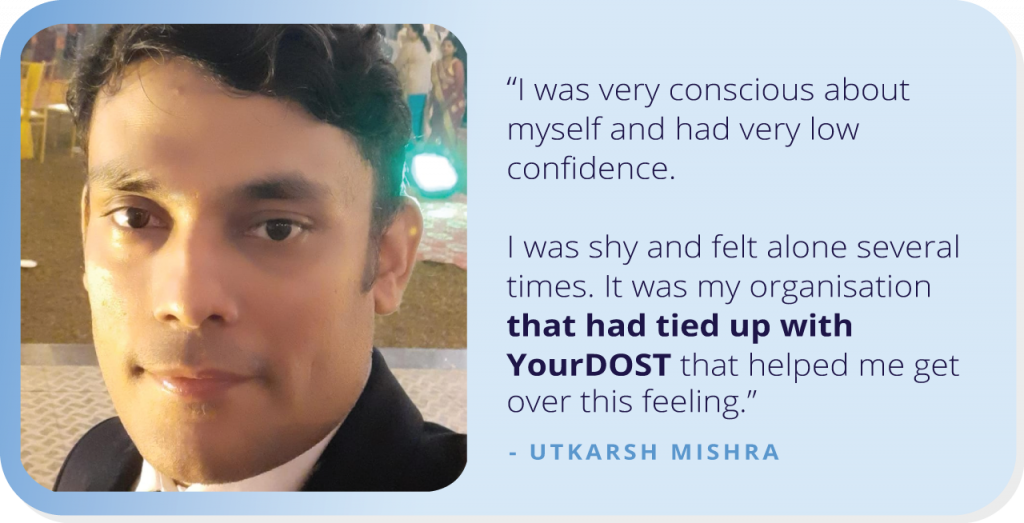12 Essential Tips To Deal With OCD
- OCD can begin early starting in between the ages of 7 and 12.
- OCD is more common in boys than girls in childhood but in adulthood, women are more affected than men.
- OCD symptoms can change over time. For example. When OCD appears first time, it begins with excessive checking compulsion, but over time it can shift to excessive washing compulsions.
- OCD occurs in 0.6% of children and adults during their lifetime in India.
OCD is a treatable problem, but it’s usually hard work. Two therapies are here:
- Consult a qualified therapist A qualified therapist is the only person who can diagnose and answer your question “Do I have OCD?” Fortunately, effective medicines are available now that can certainly help you overcome OCD. One important thing is, even if the medicines do not work, do not lose hope. Inform your therapist and he will make necessary changes in the prescription.
- Educate Yourself about OCD: There’s no substitute for being an informed patient. Your understanding of OCD, and of the treatment method, will be a key to your progress. If you’re going to overcome OCD, you need to become an informed consumer.
- Don’t be alone: OCD suffers tend to do some compulsions to overcome their anxiety and these rituals are silly and awkward, that is why to avoid embarrassment such personally prefer to stay indoors. But staying indoors makes your mind locked in an OCD viscous cycle and it becomes difficult to break the cycle.
- Meditation: Meditation is an ancient relaxation method that can do wonders for you in overcoming OCD.
- Never neglect 3 practices: Regular Exercise, Healthy Diet and Sound sleep.
- Stop comparing yourself with others: it’s human nature to compare ourselves with others. Everyone has problems, difficulties. But they might be hiding there their sorrows, worries behind a mask, conveniently. Do not judge their quality of their happiness by looking at their external appearance.
- Find the cause: Find the real hidden reason for your anxiety, and take measures to reduce it. Sometimes chronic depression, childhood trauma, lack of sufficient sleep, etc. might be the reason.
- Help others: You will feel the satisfaction when you help others and see their smile.
- Keep a worry hour: Every time you get an unwanted thought, simply note it down on a paper. Now calm down your mind by telling “I will think about it at 8 pm (that is the worry hour).” You may really think about it in the worry hour Or Most of the times you would have forgotten about it at 8 pm.
- Don’t control your thoughts: Control your reactions. And, Be happy, remain positive.
- Listen to music: Music has the tremendous power of healing and it diverts your mind.
- Do believe in the theory of KARMA: do your duties, don’t worry about results.





